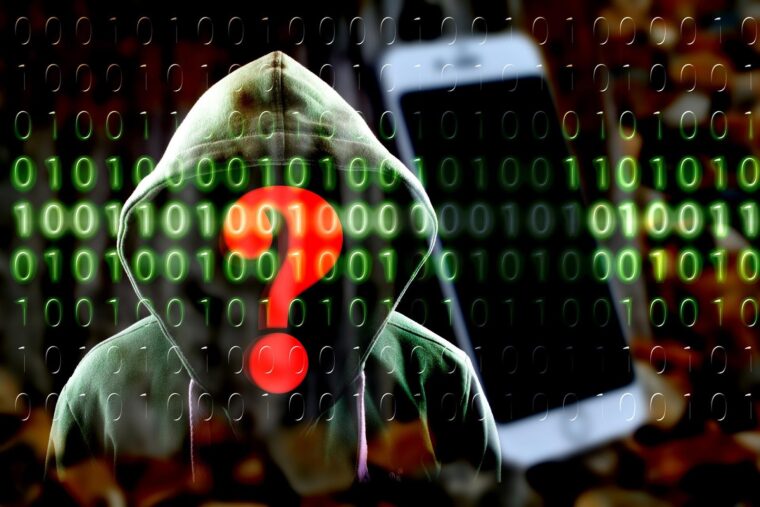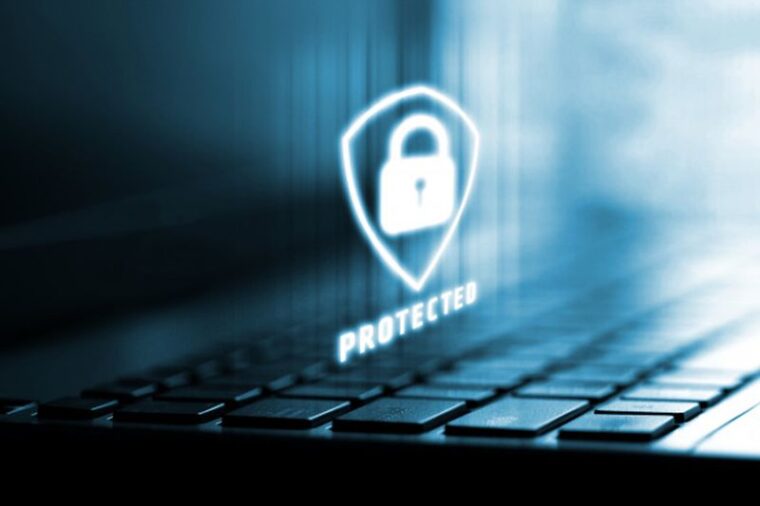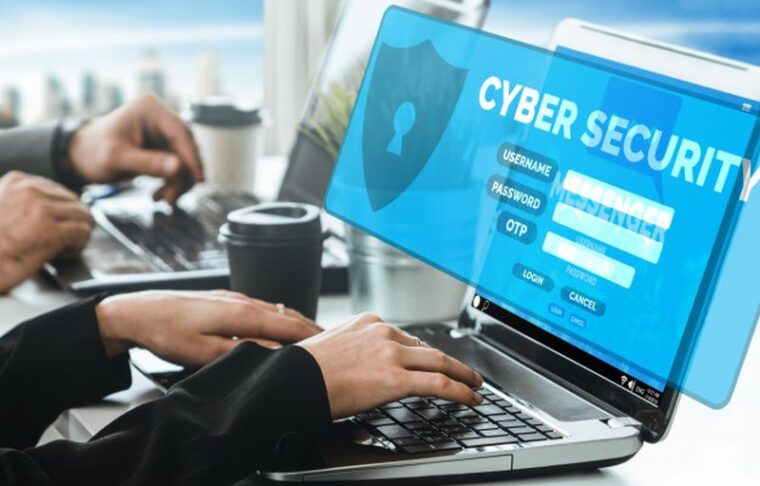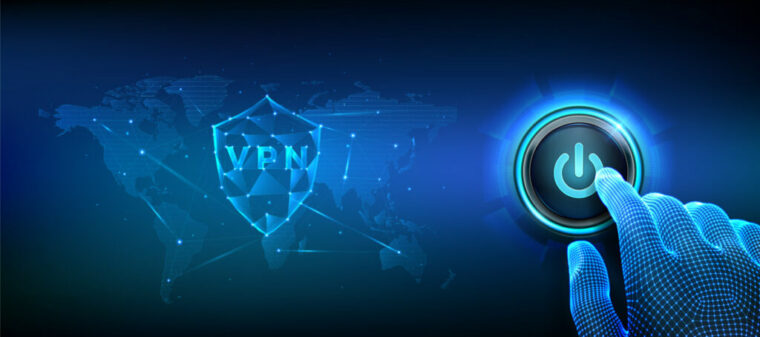These days, your personal information simply isn’t safe. Even if you somehow haven’t been involved in one of the major data breaches that seem to happen all the time now, your personal information is still a ripe target for thieves. Identity thieves want to profit from your data, so you need to take steps to keep it safe.
First off, try to keep your personal data off the internet as much as possible. Use a password manager and stay on the lookout for phishing scams. Monitor your credit profile for suspicious activity, and use ID security software to monitor your information online and protect you when something happens. Make sure your mobile devices are secure, and use a virtual private network (VPN) if you can.
Keep Your Personal Data Off the Internet If You Can

Don’t share personal data on social media. Keep your birthday off Facebook – it’s a valuable piece of personal information that hackers can use to access your accounts. Avoid posting information that could give clues to your password security questions, like the name of your first pet, your mother’s maiden name, the name of the street you grew up on, the place that you were born, or your high school mascot. Social media friends don’t need all this personal information, and sharing it just makes you a target for identity thieves.
Use a Password Manager
You should use a strong and unique password for each and every one of your online accounts, but who can keep track of that many passwords? A password manager is the answer. It will help you generate strong and unique passwords for every account, and store them, too, so you’ll only have to remember one password.
Avoid Getting Phished

Phishing attacks are one of the most common means of identity theft. A phishing scam is usually done over email, but some daring and enterprising identity thieves might call you or even approach you in person to try to get information out of you. The most common type of phishing scam is one that claims that there’s a problem with your account, or that your account has been charged a large amount of money for some purchase you didn’t make, and imploring you to click on the link in the email to correct the problem. The link will take you to a site that looks like your bank or your favorite shopping website, but it’ll be a mirror site built to steal your login information and perhaps even your credit card information.
Monitor Your Credit
Identity thieves typically open new credit accounts in the names of their victims in order to run up tabs they don’t intend to pay. If you’re monitoring your credit, you’ll know right away when a suspicious new account opens in your name. You’ll be able to report the fraud early, before the fraudster is able to spend much money. Many credit cards and banks offer free credit monitoring, and budgeting apps like Mint also often have this feature.
Use ID Security Software

ID security software is a must in this day and age. It goes a bit deeper than credit monitoring – it monitors the dark web so you’ll know when your personal information is up for sale to thieves. It will also monitor activity using your Social Security number. And it should provide both recovery assistance in the practical sense of a live agent to walk you through it, and in the monetary sense, by providing insurance.
Secure Your Mobile Devices
If you’re like most people, you use your mobile phone or tablet a lot more than you use your laptop. Password-protect your mobile phone or tablet and use antivirus software to protect your devices from malware. Be careful when downloading apps – only get them from trusted sources. You should make sure to check the reviews for apps in the Play Store or Apple App Store, because those sources have been known to harbor malicious apps too.
Use a VPN

A VPN will hide your traffic from hackers who might want to snoop and you can even access your connection to steal your private information. Encrypt your web traffic, especially if you’re using a public wireless network.
Identity theft happens to people every day, and sooner or later, it’ll happen to you, if it hasn’t already. Take precautions to protect your personal information so you can avoid being targeted by thieves, and take quick action if you are.
